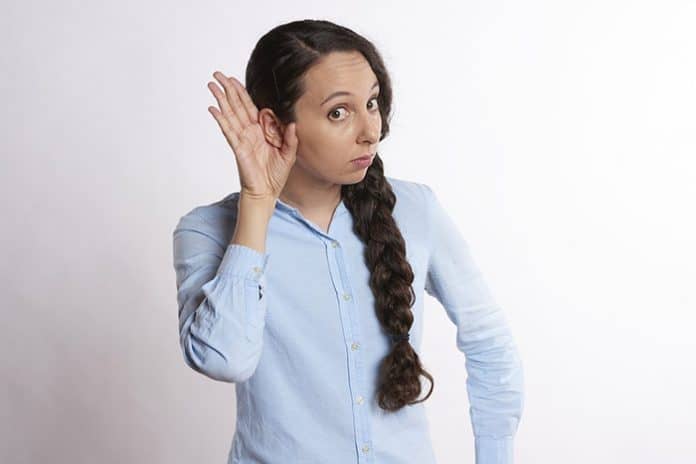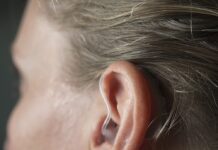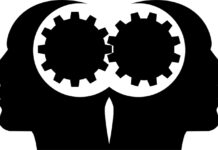
There are countless things that can contribute to poor hearing health, from aging to loud noise, but one you may not be aware of is gender. A recent study found that the odds of hearing loss are 5.5 times greater in men than in women.
Hearing and Overall Health
Age-related hearing loss affects more than 60 percent of U.S. adults older than 70 years of age, and it has been associated with increased risk of hospitalization, decreased quality of life, and increased risk of functional and cognitive decline. The onset of hearing loss is gradual, with prevalence tripling from the age of 50 years to 60 years. Individuals who cannot understand or hear what others are saying sometimes choose to avoid social situations entirely, rather than ask others to repeat themselves — especially in situations where background noise is significant.
Cardiovascular Disease
The association between cardiovascular health and hearing health has never been stronger. It’s all about blood circulation throughout the body.
The Ear, Nose, and Throat Institute believes that the link between hearing loss and cardiovascular disease is due to the inner ear’s sensitivity to circulation. The disease causes hardening of the arteries, which affects your circulation and, in turn, your hearing.
Circulatory problems have the ability to affect any number of bodily processes, particularly in the most delicate areas of the body — like the cochlea, the delicate inner-ear organ responsible for sending sound signals to the brain. Conditions that restrict blood supply to the cochlea can starve the inner ear of necessary oxygen and permanently damage hearing.
Quit Hurting Your Hearing: Smoking
We know that genetic, environmental, and lifestyle factors help determine a person’s risk of hearing loss — and that includes smoking.
In a study published in the Journal of the American Medical Association, cigarette smoking was determined to be a factor in the development of hearing loss. Current smokers are 1.69 times as likely to have a hearing loss as nonsmokers, and nonsmokers who live with a smoker are more likely to have a hearing loss than those who are not exposed to second-hand smoke.
Those who smoke a pack a day for 40 years are 1.27 times as likely to have a hearing loss as those who smoke a pack a day for 10 years.
Signs of Hearing Loss
If you answer yes to some of the following questions, or can answer yes to them for someone else, it is time to see Dr. Izzy.
Do you often ask people to repeat themselves?
Is it hard to hear in groups?
Do you feel like others mumble all the time?
Do you have difficulty hearing what’s behind you (like someone talking to you or a car approaching)?
Do you turn up the volume on the TV or car radio to a level others feel is excessive?
Do you have difficulty understanding the person on the other end of the phone?
Do you find going to restaurants or parties to be exhausting and frustrating?
Don’t procrastinate and consider having a complete hearing evaluation!
If you have any additional questions, please feel free to reach out to Dr. Izzy & Staff at 732-818-3610 or visit gardenstatehearing.com






